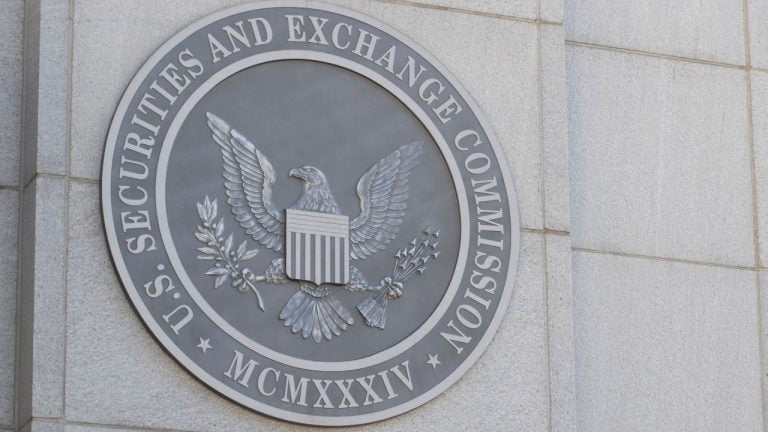
After a recent warning from the SEC, registered crypto brokers and advisers may need to be on edge when giving advice this year.
Crypto brokers and investment advisers offering or giving advice about cryptocurrencies will be put under the scope of the United States securities watchdog this year.
A Feb. 7 statement from the Securities and Exchange Commission’s (SEC) Division of Examinations outlined its priorities for 2023, suggesting brokers and advisers dealing in crypto will need to be extra careful when offering, selling or making recommendations regarding digital assets.
It stated that SEC-registered brokers and advisers will be closely watched to see if they followed their “respective standards of care” when making recommendations, referrals and providing investment advice.
Today we announced the Division of Examinations 2023 priorities. The Division publishes its examination priorities annually to provide insights into its risk-based approach.
— U.S. Securities and Exchange Commission (@SECGov) February 7, 2023
For more:
The SEC will also examine whether these entities “routinely” review and update their procedures to ensure they meet “compliance, disclosure and risk management practices.”
This announcement was similar to the SEC’s priorities released in 2022, however, it seems this year the regulator is putting more emphasis on standards of care and practices by brokers rather than their consideration of unique risks presented by “emerging financial technologies” highlighted in 2022.
The most recent statement comes nearly two weeks after a report claimed the SEC has been investigating registered investment advisers that may be offering digital asset custody to its clients without proper qualifications.
Related: SEC leaked crypto miners’ personal information during investigation: Report
The SEC’s investigation has reportedly been going on for several months but is now top of the priority list after the collapse of the crypto exchange FTX, according to a report from Reuters.
By law, investment advisory firms must be qualified to offer custody services to clients and comply with custodial safeguards set out in the Investment Advisers Act of 1940.

